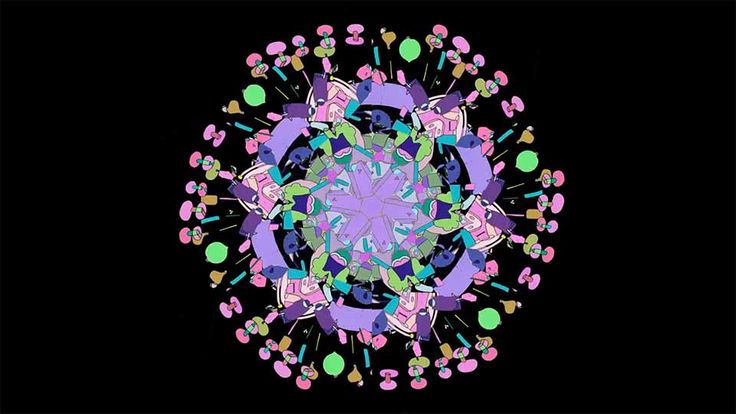



If any through line in Vibert’s robust discography exists, acid is the common denominator. The exploitation flick urgency of “Receiver” depends on the telephone operator’s incessant, inadvertent hook. Opener “The Premise” seems almost a parody of what the Avalanches did with 2000’s Since I Left You, cycling and recycling through a parade of unrelated voices in a pseudo-attempt to define this loose record. Repetition plays a vital structural role throughout Musipal, particularly on the vocal and speech samples. (At times, like on the woozy funk of “Cris Chana,” one expects Porky Pig to burst from the speaker to blurt and stutter “That’s all, folks!”)
Wagon christ musipal rar movie#
The overt playfulness of the material and its comparatively subtler hip-hop undertones made for a musical conglomerate of movie monster proportions, a frolicsome thrashing that took downtempo to a near cartoonish extreme. Yet Musipal proved a cut above this peer group, thanks in no small part to Vibert’s uncanny knack for the practically magical lead-to-gold transmutation of uncool into cool. "More than a decade and a half since its initial release, Musipal feels singular in both intent and execution." The label’s penchant for the converting of unfashionable sounds into modern tracks provided an essential soundtrack for those seeking for a subdued alternative to clubby thumps or at least a respite from them during the pregame or afterhours. Scruff, and DJ Food earned high marks and credibility for their sampladelic productions there. Though earlier works under that name for London-based Rising High Records skewed more towards ambient electronica, 2001’s Musipal encapsulated Vibert’s whimsical, anarchic vision, an attempted coup d’etat of the then-burgeoning downtempo sound invading overpriced lounges, pricey hotel bars, and chic boutiques.Īt the time of the album’s release, the Ninja Tune record label had firmly established itself as the hippest interpretation of this genre’s bloom. To this day, the best known of Vibert’s endeavors remains Wagon Christ. Caught up in Trent Reznor’s tastemaking cavalcade in the latter half of the 1990s alongside Autechre, Meat Beat Manifesto, Plaid, and Squarepusher, his subdued drum n’ bass project Plug reached American audiences through a stateside release on Nothing Records. James and Tom Middleton, the prolific producer embraced the use of pseudonyms in the promulgation of his music, allowing him to show off the many facets of his sound while transitioning from the Ace Of Clubs to Amen Andrews to Kerrier District and so on. Much like his Cornish contemporaries Richard D. It's not necessarily a well known record, so we had Gary Suarez, our electronic columnist-his Digital/Divide drops at the end of every month-write about why the album is important, and place it in the lineage of electronic music that came before and since.įor close to three decades, Luke Vibert has been shapeshifting through the electronic music multiverse. This month, we're excited to be featuring a limited edition of Wagon Christ's Musipal.


 0 kommentar(er)
0 kommentar(er)
